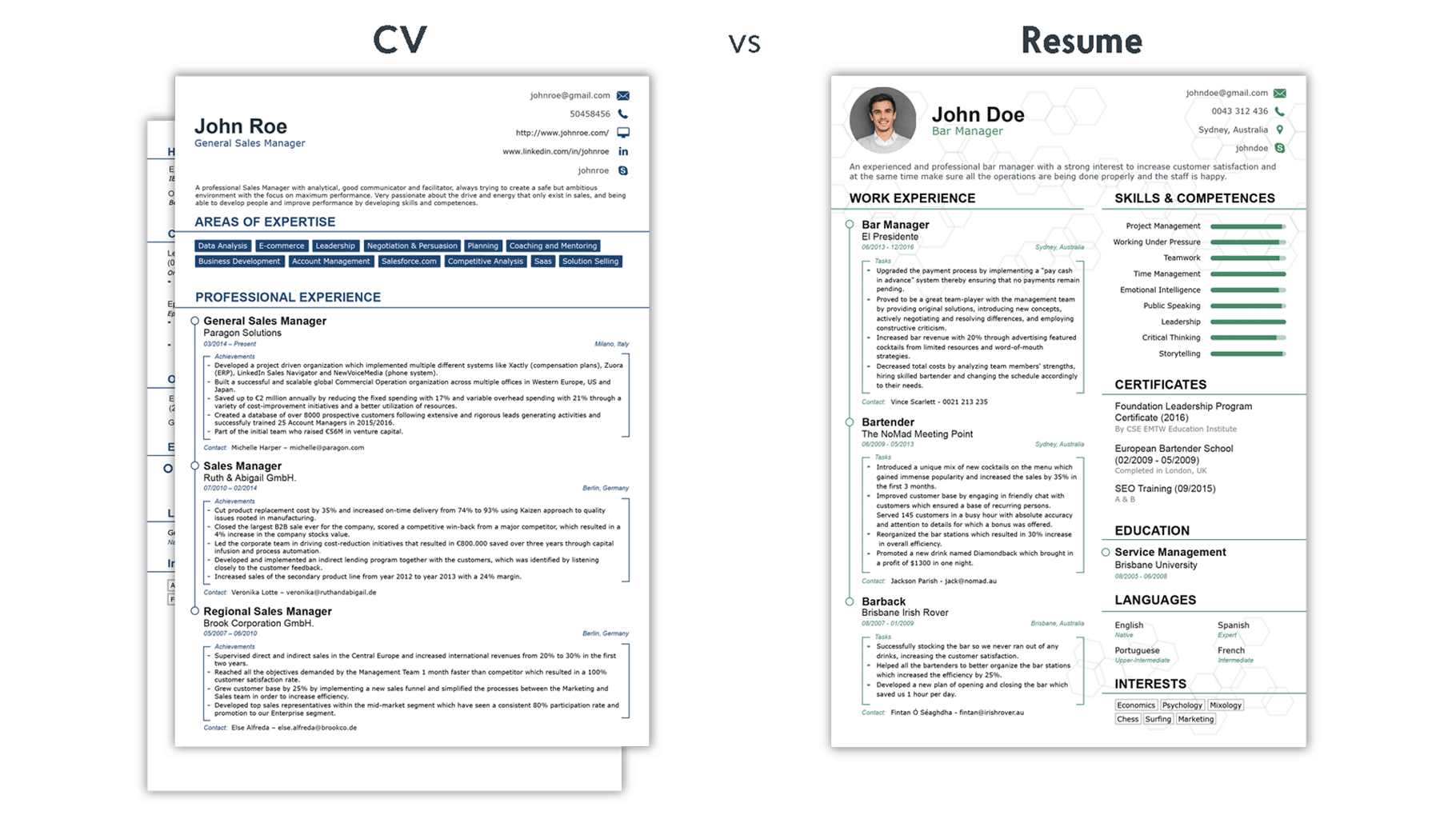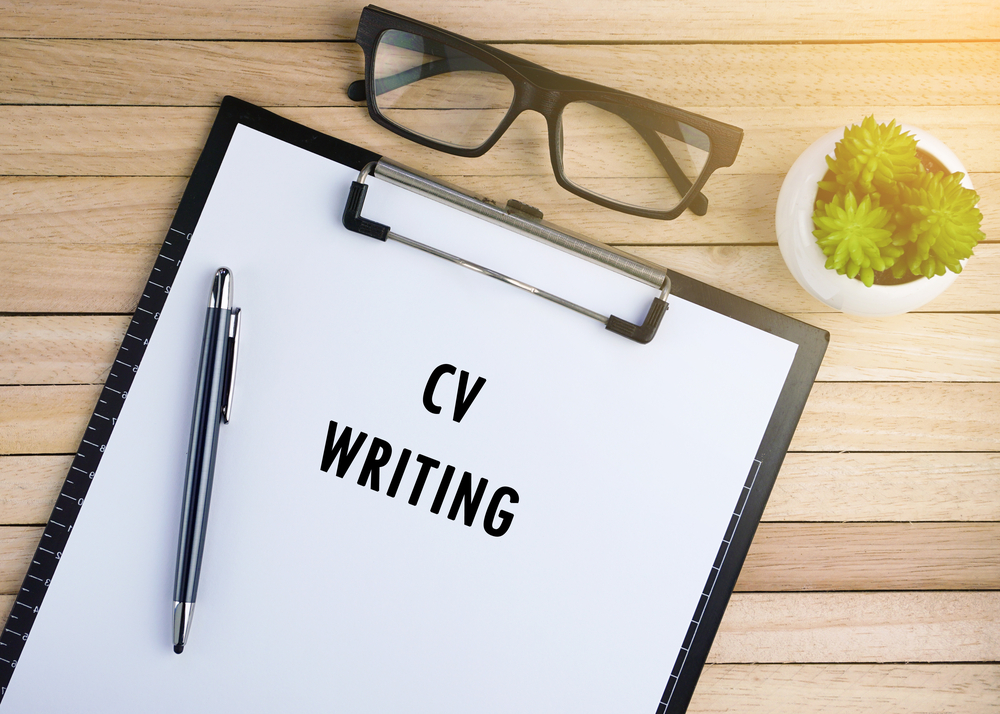16 Reasons You Are Nervous In Interview
Job interviews can be nerve-wracking experiences for many people. Even the most confident and experienced candidates can find themselves feeling anxious, stressed, and jittery when facing a job interview. If you find yourself experiencing interview jitters, it’s essential to understand why you are nervous so that you can take steps to overcome your anxiety. In this article, we’ll explore sixteen (16) reasons why you may be nervous at interviews.
Fear of the unknown: Fear of the unknown can be a significant cause of anxiety and stress. This fear can cause you to feel unsure and overwhelmed, especially if you’re not familiar with the company or job you’re applying for. To overcome this fear, try to gather as much information as you can about the company and the role you’re applying for. Research the company’s website, read reviews from current and former employees, and prepare answers to common interview questions.
Lack of preparation: Lack of preparation is a common cause of interview jitters. If you’re not prepared for the interview, you may feel unconfident and unsure of yourself. To overcome this, make sure you research the company, practice common interview questions, and prepare your responses to questions about your skills, experience, and career goals. Consider doing a mock interview with a friend or family member to help you prepare.
Fear of rejection: Fear of rejection is a common cause of anxiety during job interviews. If you’ve experienced rejection in the past, it can be challenging to shake off the feeling that you’re not good enough. To overcome this fear, try to focus on your strengths and achievements, and remind yourself that rejection is a normal part of the job search process. Keep a positive attitude and remember that rejection is not a reflection of your worth as a person.
Social anxiety: Social anxiety is a type of anxiety that can make it challenging to interact with people in social situations. If you experience social anxiety, you may find job interviews especially nerve-wracking. To overcome social anxiety, try deep breathing exercises or mindfulness techniques before the interview. Consider seeing a therapist or counselor who can help you develop strategies to manage your anxiety.
Negative self-talk: Negative self-talk can be a significant cause of interview jitters. If you’re constantly telling yourself that you’re not good enough or that you’re going to fail, it’s no wonder you’re feeling anxious. To overcome negative self-talk, try to reframe your thoughts in a more positive light. Focus on your strengths and accomplishments, and remind yourself that you are capable of succeeding.
Lack of confidence: Lack of confidence is another reason why you may feel nervous at interviews. If you don’t have confidence in your abilities or skills, you may worry that you won’t be able to answer the interviewer’s questions adequately. To build your confidence, focus on your strengths and achievements, and prepare for the interview as much as possible. Practice answering common interview questions, and visualize yourself performing well during the interview.
High stakes: If the job you’re applying for is one that you really want, you may feel extra pressure to perform well at the interview. This high-pressure situation can cause feelings of anxiety and nervousness. To overcome this pressure, try to focus on the present moment and take deep breaths. Remind yourself that the interview is an opportunity to showcase your skills and abilities and that there will be other opportunities if this one doesn’t work out.
Time pressure: If you’re rushing to get to the interview or worried about arriving late, you may feel extra anxious. This time pressure can cause stress and anxiety, making it harder to perform well in the interview. To avoid this, make sure you arrive early to the interview and give yourself plenty of time to prepare. Plan your route in advance, and consider doing a practice run to ensure you know where you’re going.
Lack of sleep: If you’re not getting enough sleep before the interview, you may feel more anxious and stressed. Lack of sleep can cause a range of physical and mental symptoms, including anxiety and nervousness. To ensure you’re well-rested for the interview, try to establish a regular sleep routine in the days leading up to the interview. Aim for 7-8 hours of sleep per night, and avoid caffeine and alcohol in the hours before bedtime. If you have trouble sleeping, consider trying relaxation techniques such as meditation or guided imagery.
Physical discomfort: Physical discomfort, such as feeling too hot or cold, hungry or thirsty, or needing to use the restroom, can cause distraction and anxiety during an interview. To avoid this, make sure you dress appropriately for the interview, and bring a snack and water bottle in case you need it. Use the restroom before the interview begins to ensure you’re comfortable throughout the interview
Imposter syndrome: Imposter syndrome is a psychological pattern in which an individual doubts their skills, talents, or accomplishments and has a persistent fear of being exposed as a “fraud”. If you experience imposter syndrome, you may feel nervous or anxious at job interviews, fearing that you will be “found out” as someone who is not as capable as you appear. To overcome imposter syndrome, remind yourself of your achievements and skills, and seek support from colleagues or a therapist.
Perfectionism: Perfectionism is a trait characterized by a desire to achieve flawlessness and high standards. If you are a perfectionist, you may feel nervous at job interviews, fearing that you will make a mistake or not perform perfectly. To overcome perfectionism, try to focus on progress rather than perfection, and remind yourself that mistakes are a natural part of learning and growth.
Lack of experience: If you are applying for a job that requires experience you do not have, you may feel nervous or anxious at the interview. To overcome this, focus on your transferable skills and highlight how your previous experiences have prepared you for the job. Be honest about your limitations, but also demonstrate a willingness to learn and grow.
Cultural differences: If you are interviewing for a job in a culture that is different from your own, you may feel nervous or uncertain about how to act or what to say. To overcome this, research the cultural norms of the company and practice cultural sensitivity. Demonstrate a willingness to learn and adapt to new cultural contexts.
Interviewer’s demeanor: The demeanor of the interviewer can also impact your anxiety levels. If the interviewer is intimidating, aggressive, or unresponsive, you may feel nervous or uncomfortable. To overcome this, try to stay calm and focused, and remember that the interviewer’s demeanor may not be a reflection of your qualifications or abilities.
Past negative experiences: If you have had negative experiences at job interviews in the past, such as being rejected or feeling humiliated, you may feel nervous or anxious at future interviews. To overcome this, try to reframe your past experiences in a positive light, and focus on what you have learned from them. Seek support from friends or a therapist to help you overcome your past negative experiences.
How To Handle Nervousness At Interviews
Prepare well: Being well-prepared is crucial for combating nervousness at an interview. By researching the company, the role, and the interviewer, you will have a better understanding of what to expect during the interview. This will help you feel more confident and less nervous. You should also practice answering common interview questions to get comfortable with your responses.
Practice mindfulness: Mindfulness techniques such as deep breathing or meditation can help you relax and stay focused. You can practice deep breathing by taking slow, deep breaths in through your nose and out through your mouth. Focus on your breath and try to clear your mind of any distractions. Meditation involves sitting quietly and focusing your mind on a specific object or thought.
Visualize success: Visualization is a powerful tool that can help you feel more confident and less nervous. Before the interview, take some time to imagine yourself performing well and succeeding in the interview. Visualize yourself confidently answering questions, making a good impression, and receiving an offer.
Dress appropriately: Choosing an outfit that makes you feel confident and comfortable is essential for combating nervousness. Choose something that is professional and appropriate for the company culture. Make sure your outfit is clean, pressed, and fits well.
Arrive early: Arriving early gives you time to collect your thoughts, review your notes, and relax before the interview. It also helps you avoid the stress of being late. Plan to arrive at least 15-20 minutes early to give yourself plenty of time.
Use positive self-talk: Positive self-talk can help you stay calm and focused during the interview. Use phrases like “I am prepared and confident,” “I have the skills and experience for this role,” and “I will make a good impression.” By focusing on positive thoughts, you can boost your confidence and reduce nervousness.
Take breaks: Taking breaks to relax and refocus during the interview process can help you stay calm and focused. If you feel nervous or overwhelmed, take a few deep breaths, drink some water, or ask to take a short break. This can help you clear your mind and regain your composure.
Use positive body language: Your body language can influence your mood and confidence. Sit up straight, make eye contact, and smile when appropriate. This will convey confidence and professionalism. Be positive so that you can get a positive result. Let body language and mindset be in alignment with the positivity and fear will disappear.
Practice active listening: Active listening involves paying attention to the interviewer’s questions, responding appropriately, and asking clarifying questions if needed. This will show that you are engaged and interested in the conversation. When you become engaged, it’s easier to dismiss fear and concentrate on the proceedings.
Be yourself: Be authentic and genuine during the interview. Don’t try to be someone you’re not. This will help you feel more comfortable and less nervous. Don’t become someone else while you are trying to get a job. The interviewer needs to meet and interact with the real you. That is the best way to secure any job because they already know who and what to expect.
Bring a copy of your resume: Bringing a copy of your resume and any other relevant documents will help you feel prepared and organized. It will also show that you are detail-oriented and professional. Some people overlook this saying they already have the resume, but it is important you do. It has a way of helping your self-perception when you begin to talk about them.
Prepare questions to ask the interviewer: Asking thoughtful questions about the company, the role, and the interviewer’s experience can help you feel more engaged and confident. It will also show that you have done your research and are genuinely interested in the position. This works for you and the interviewer.
Reflect on your accomplishments: Take some time before the interview to reflect on your accomplishments and skills. This will help you feel more confident and remind you of your value as a candidate. And be sure to talk about them in the interview whenever the opportunity presents itself. The interviewer is also interested.
Follow up after the interview: Sending a thank-you email or note after the interview can help you feel more in control of the situation and reduce any lingering nervousness. It will also show that you are professional and interested in the role. Don’t overlook this magic. Practice it and do it right.
While these may not be an exhaustive list of the reasons people feel nervous at interviews, the provided practical steps are also not all you can do to manage the situation but you can start from these ones to understand the reasons and how to help yourself. You can as well share your experience in the comment box below. Let’s know how you managed during an interview that made you feel nervous and if you got the job. Cheers!
Do you like the article? Please comment, and share with loved ones. You can as well buy me a drink through this link. You can read more about interview here.





